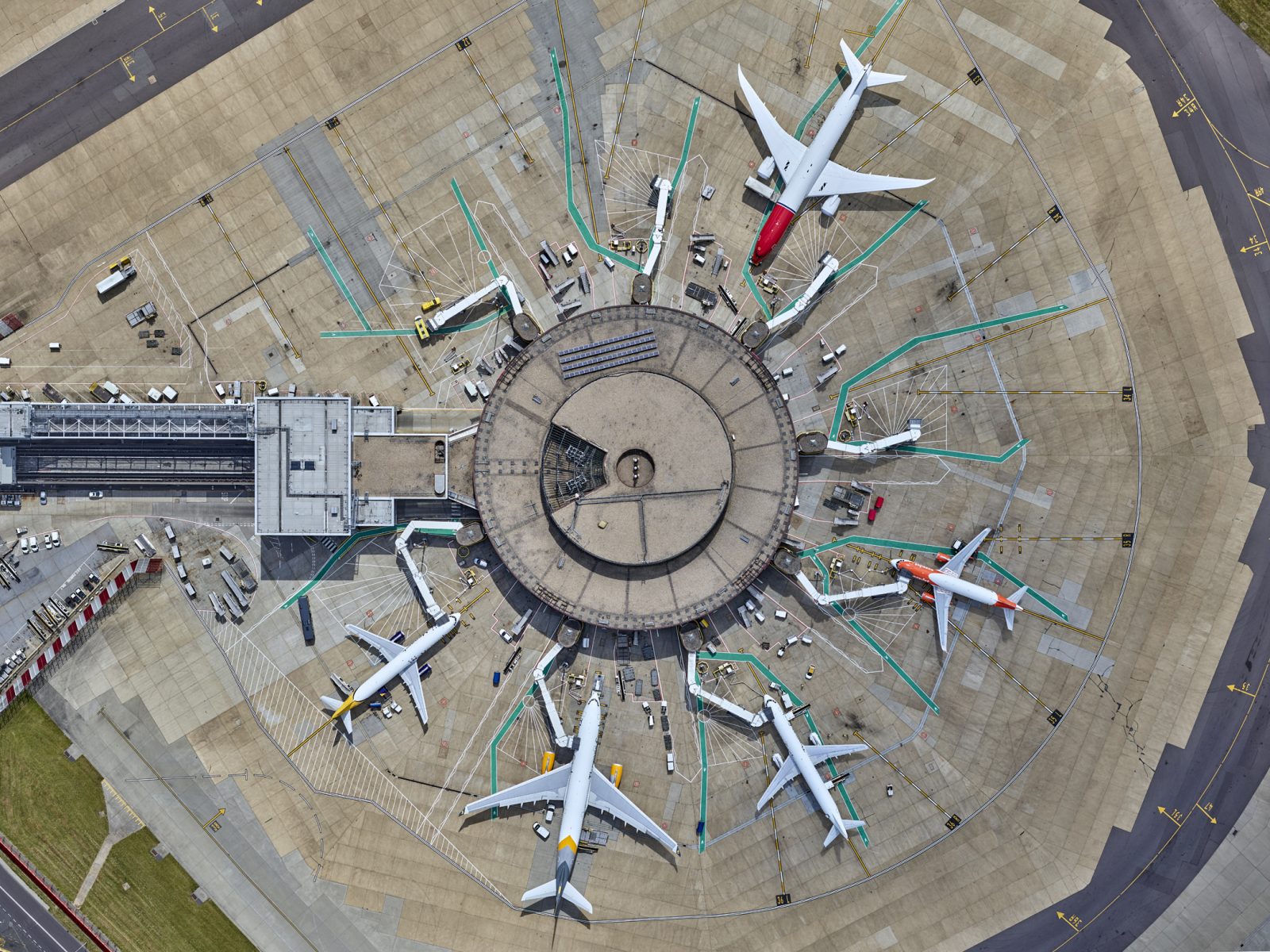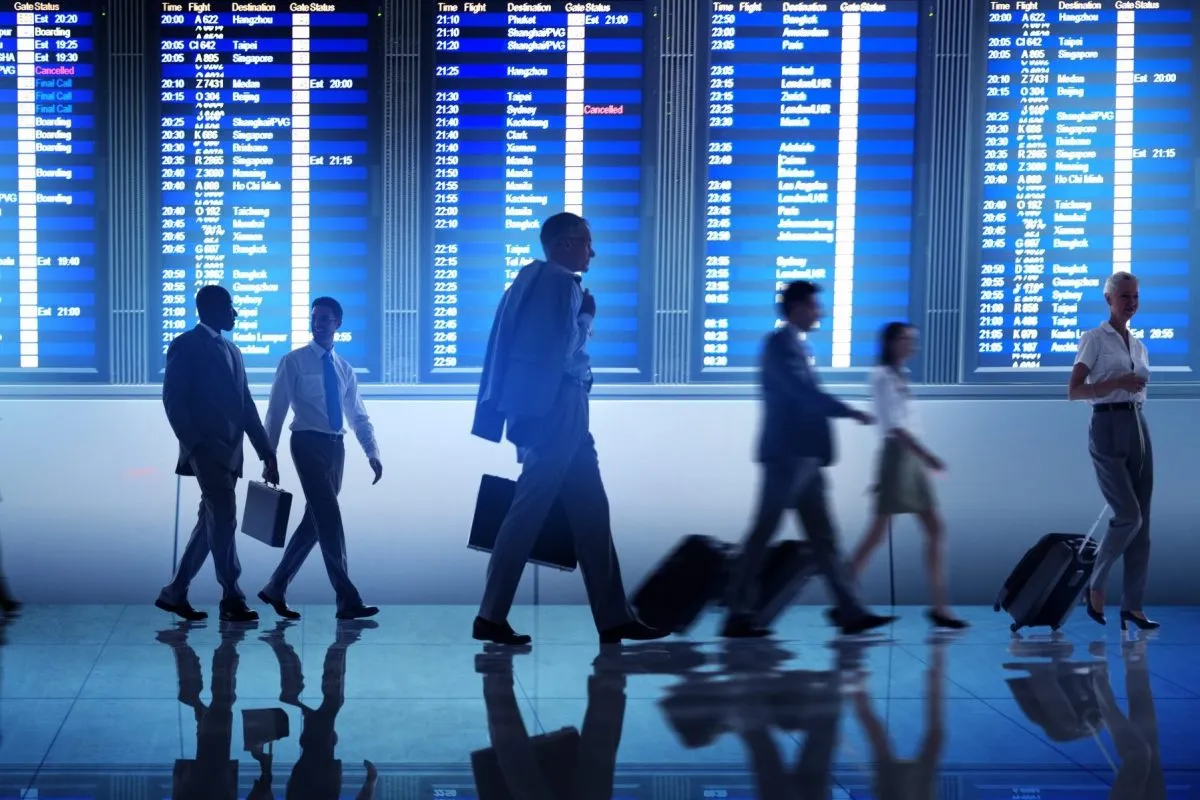UK Airlines Rely on Chinese Cooking Oil for Greener Fuel — But for How Long?

Skift Take
The UK’s push for sustainable aviation fuel (SAF) could be facing turbulence.
New government figures reveal that around 90% of the country’s SAF in 2024 came from used cooking oil imported from China. A supply that may not last.
A new law that took effect in January requires airlines flying in and out of the UK to use at least 2% SAF in their fuel mix. This mandate will rise to 10% by 2030 and up to 22% in 2040 as part of the country’s plan to cut aviation emissions.
When announcing the government’s backing for a third runway at Heathrow airport last month, UK Chancellor Rachel Reeves said the extra emissions would be partially offset with SAF.
The European Union is rolling out a similar rule, and like the UK, it relies heavily on SAF from China.
But China itself is about to tighten its aviation fuel rules. Later this year, the country will introduce its own SAF mandate, forcing airlines to blend 2% SAF by 2025, rising to 15% by 2030.
Calls for Domestic SAF Investment
With China keeping more of its biofuel at home, industry experts worry that UK airlines could soon struggle to source enough SAF. The country currently has no dedicated SAF production plants.
"It's certain that used cooking oil imports will be reduced from China. The obvious answer would be to create more home-grown SAF, but the potential UK industry just isn't set up yet," said Matt Finch, an independent aviation analyst and commentator.
A spokesperson from the aviation body Airlines for Europe told Skift that "urgent investment" in SAF in Europe is essential.
"The solution lies in Europe fully backing SAF within its borders. The closer the production of fuel to the final place of use the better. This is better for the environment, less transport related emissions, and could drive job creation in local economies," Airlines for Europe said.
A UK Department for Transport spokesperson told Skift that the government is providing £63 million ($79.5m) to boost production of SAF.
“We are committed to making the country a clean energy superpower as part of our Plan for Change and we are delivering plans to make aviation travel more sustainable. We are encouraging the production and development of homegrown sustainable aviation fuel in the UK by investing to boost its production, and introducing measures to build demand and attract investment in the market," the spokesperson said.
Airlines Sector Stock Index Performance Year-to-Date
What am I looking at? The performance of airline sector stocks within the ST200. The index includes companies publicly traded across global markets including network carriers, low-cost carriers, and other related companies.
The Skift Travel 200 (ST200) combines the financial performance of nearly 200 travel companies worth more than a trillion dollars into a single number. See more airlines sector financial performance.
Skift’s in-depth reporting on climate issues is made possible through the financial support of Intrepid Travel. This backing allows Skift to bring you high-quality journalism on one of the most important topics facing our planet today. Intrepid is not involved in any decisions made by Skift’s editorial team.





